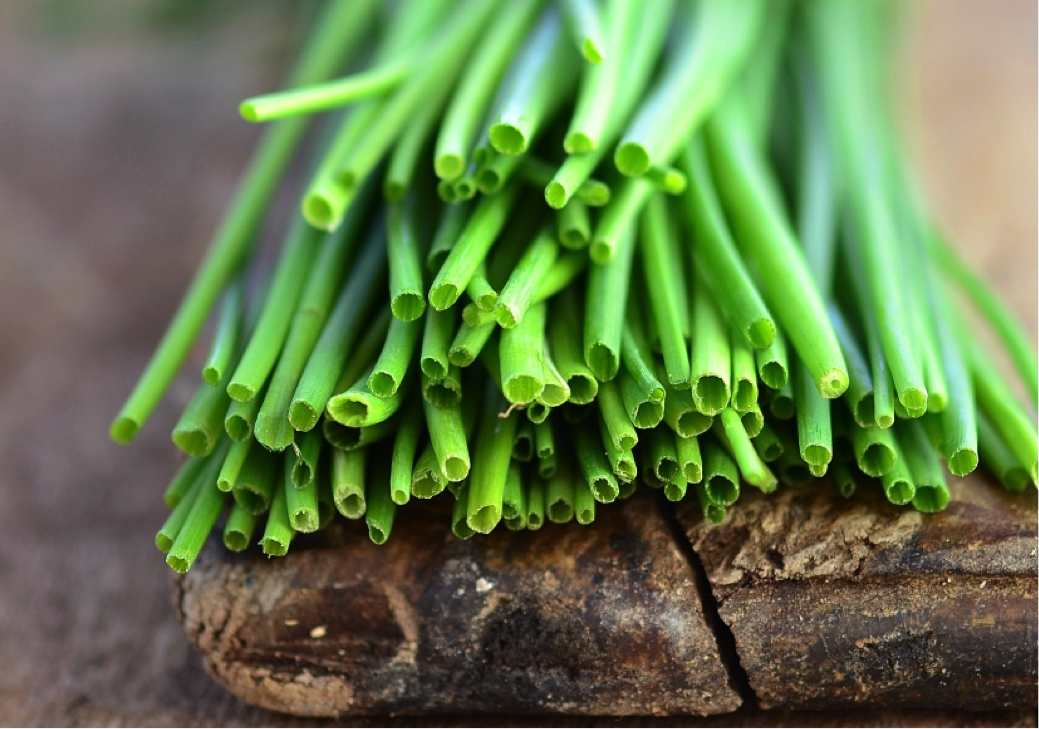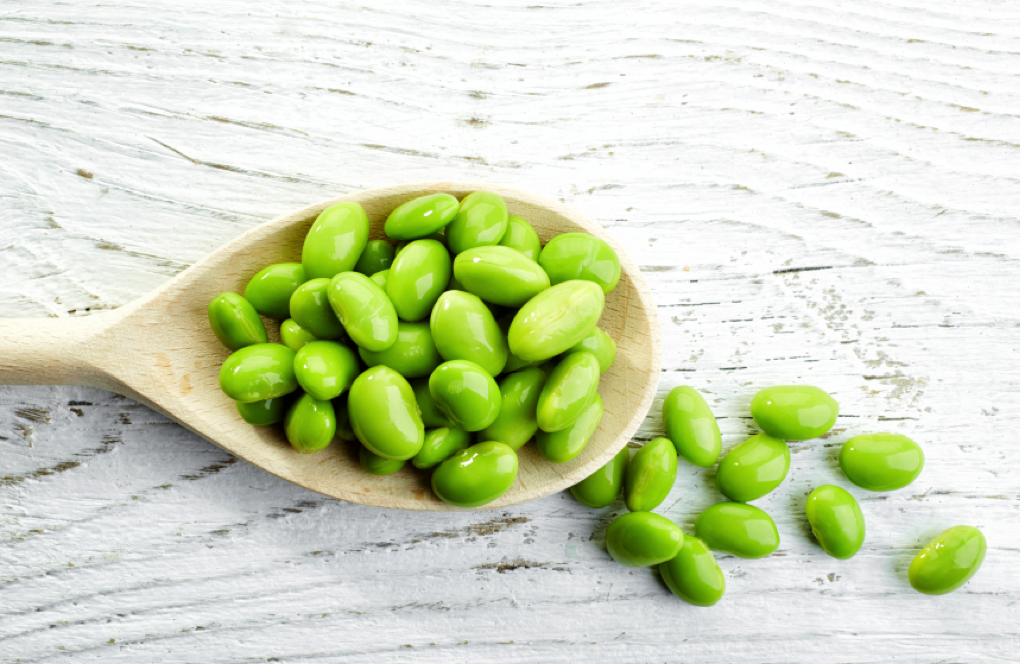 If you’re interested in becoming a certified nutritionist, you likely already know that food is more than just fuel for the body. A carefully crafted, healthy diet is proven to reduce a person’s risk of both physical and mental illnesses, and even certain types of cancer.
If you’re interested in becoming a certified nutritionist, you likely already know that food is more than just fuel for the body. A carefully crafted, healthy diet is proven to reduce a person’s risk of both physical and mental illnesses, and even certain types of cancer.
“Superfoods” are foods that today’s health scientists find to have great nutritional value. Understanding which foods to eat for specific benefits will be your job as a nutritionist, so having a working knowledge of superfoods is essential.
Whether you are planning to enroll in nutrition courses, or you have recently started your program, read on for a quick guide to superfood basics.
Nutritionists Use Superfoods to Combat Cancer
Keeping on top of food trends and developments can be difficult, which is why nutritionists are in such high demand. Over the past few years, research has shown certain foods to offer definite benefits to those at risk of developing certain types of cancer.
Food scientists believe it is the organosulfur compounds in superfoods that can reduce a consumer’s risk of developing stomach, intestinal, and prostate cancers. That’s why allium vegetables like onions, chives, and leeks are such powerful cancer fighters.

Chives are great examples of alliums with cancer-fighting organosulfur compounds.
Kale: Along with its leafy green family members; arugula, basil, and bok choy, kale also offers high dietary nitrate, which protects against arthritis and digestive cancers.
Almonds: Rich in vitamin E, copper, magnesium, protein, and healthy unsaturated fatty acids, almonds reduce pancreatic cancer risk. That’s why nutritionists recommend them as such a staple snack food.
Superfoods: A Nutritionist’s Antibiotics
Nutrition specialists know that over time our bodies build up resistance to pharmaceutical antibiotics. Viruses develop resistance to them as their effectiveness fades. Natural antibiotics are a fantastic alternative to offer your future clients.

Honey from Manuka flowers is great for fighting infections both internally and topically.
Manuka Honey: Once you’ve earned your diploma, you may find yourself recommending honey products to help clients clear up their complexions from the inside out. But its added antibacterial properties make it a real superfood. Look for honey ranked at least 10 UMF (Unique Manuka Factor) – just a dab can kill off the majority of bacteria cells on a wound.
Garlic: Along with lowering cholesterol and combating arthritis, the Journal of Antimicrobial Chemotherapy found garlic to be 100 times more effective than antibiotics in fighting the Campylobacter bacterium, the most common intestinal bug.
Nutritionist Training Promotes Eating for Mental Health
Experts with a diploma in nutrition recognize the importance of eating healthy for holistic wellbeing. With the right knowledge and superfoods, you can give future clients the tools to not only be physically healthier, but also heighten their brain power and improve their moods.

Edamame is a great source of iron.
Edamame: The folate in edamame helps feel-good hormones like seratonin flow unrestricted within the brain, helping to regulate mood, sleep and appetite. It’s a great superfood to recommend to clients with mood disorders like depression.
Fish Oils: As well as sharpening memory and combating Multiple Sclerosis, research now shows that omega-3 fatty acids found in fish oil are effective in reducing the risk of mental conditions like psychosis.
Nutritionist Superfood Spotlight: Chia
Certified nutritionist LeeAnn Weintraub calls chia seeds “tiny superfoods with big benefits.” Named after the Mayan word for strength, chia has become popular among nutritionists in recent years for its ability to decrease blood pressure, boost energy, and help clients lose weight.
Weintraub says it’s because these little spiral seeds are a great source of omega-3 fatty acids, and a calorie-smart way to intake high amounts of calcium, fiber, and protein. She recommends them to vegan and vegetarian clients, but says that daily intake of chia is “a healthy option for everyone.”
You’ll probably find yourself recommending superfoods like chia, kale, and edamame to your own clients, and enjoying the benefits for yourself as well!
Are you interested in learning about food quality control, or pursuing nutritionist training in Ontario? Visit AAPS for more information or to speak with an advisor.



